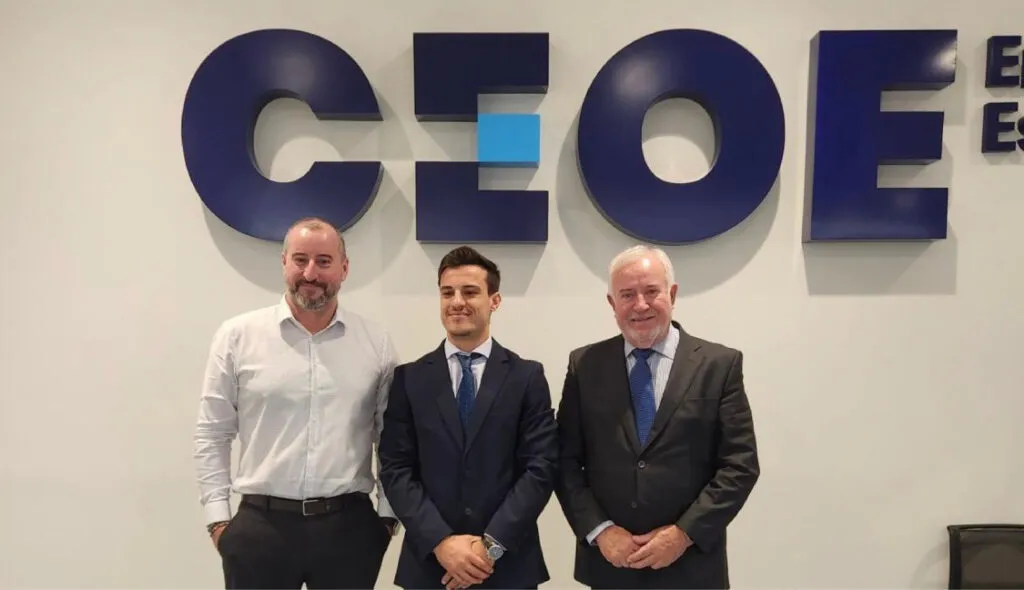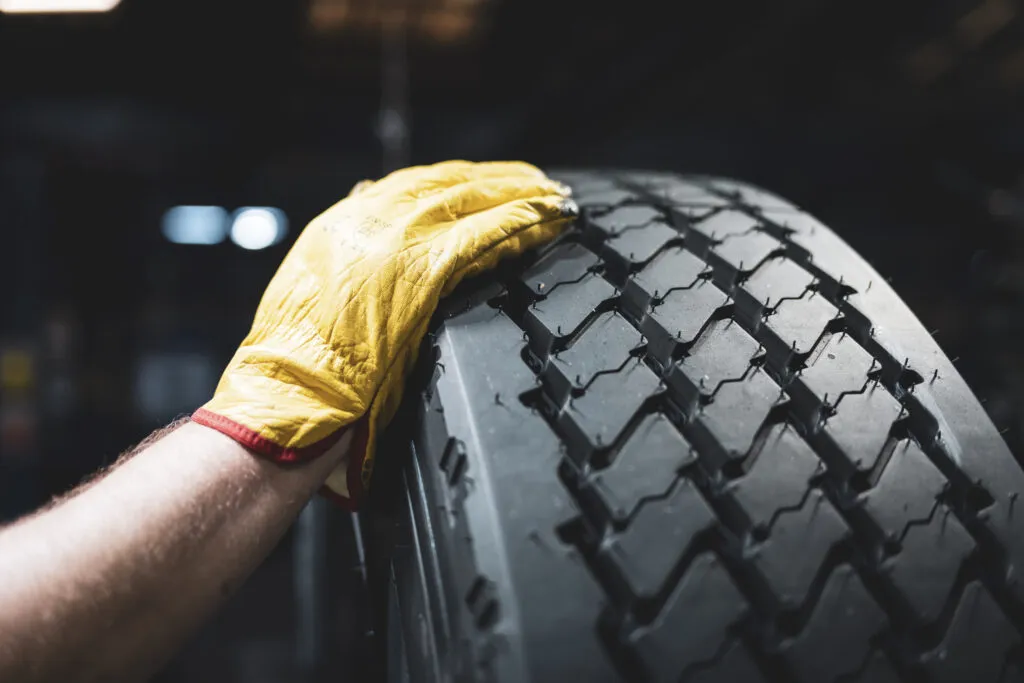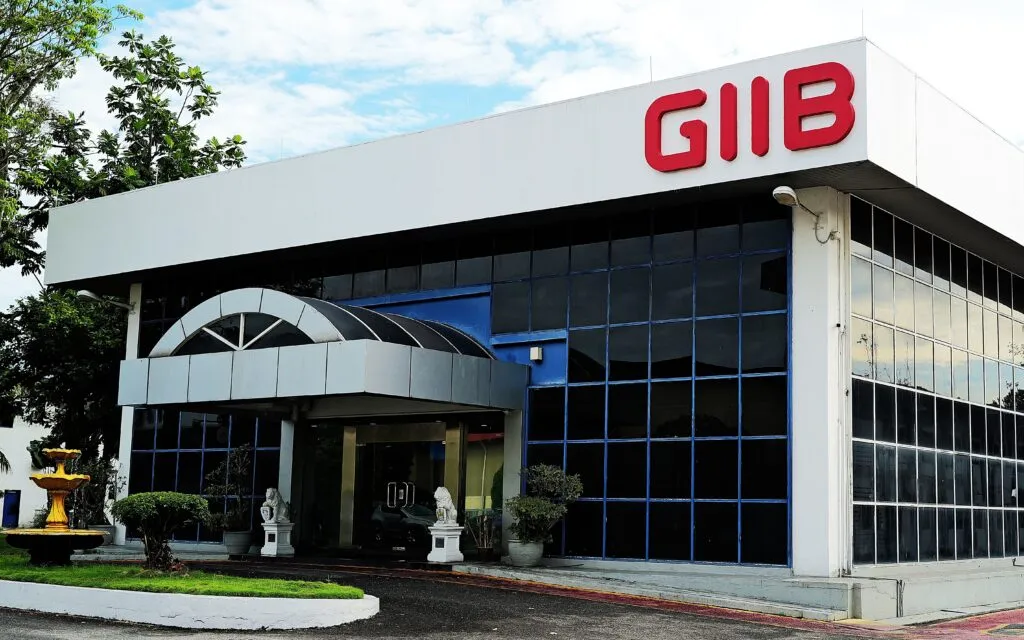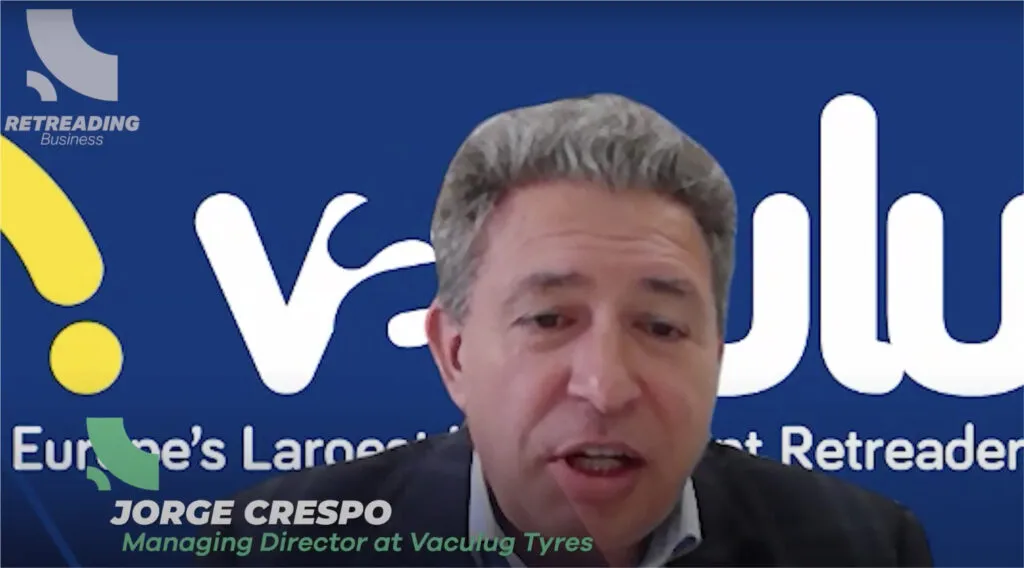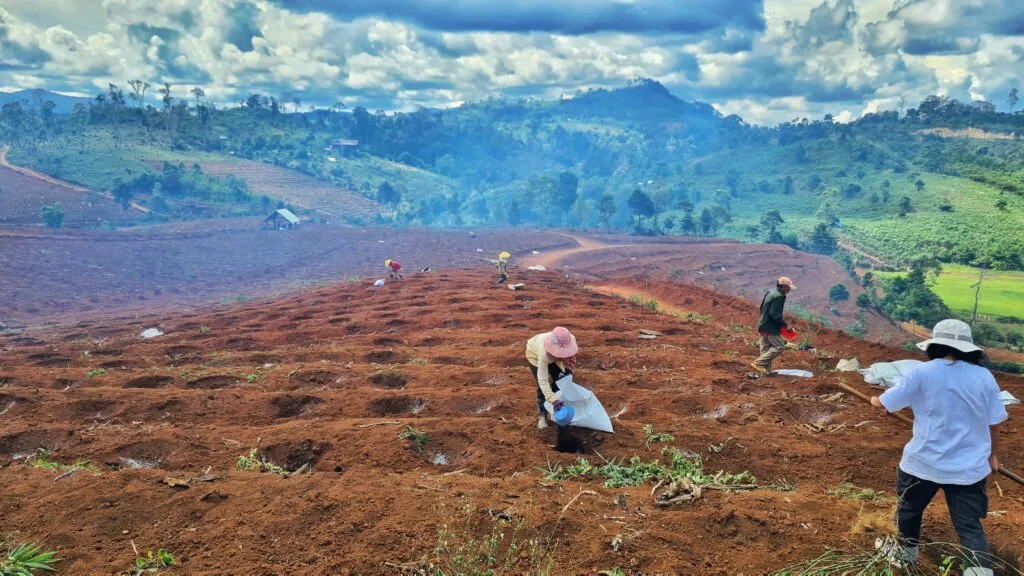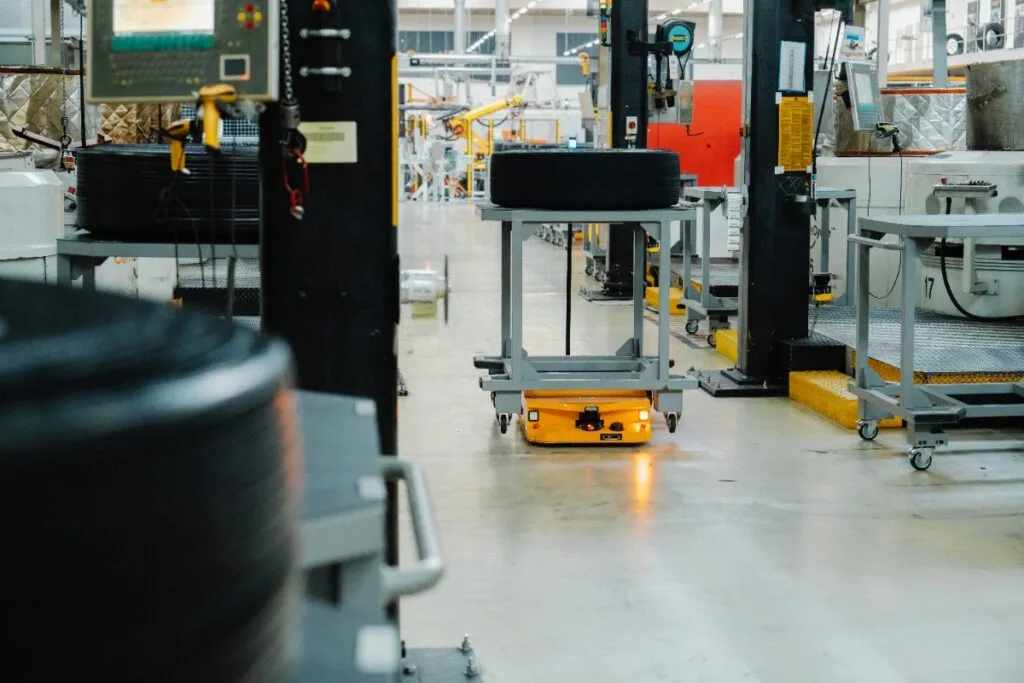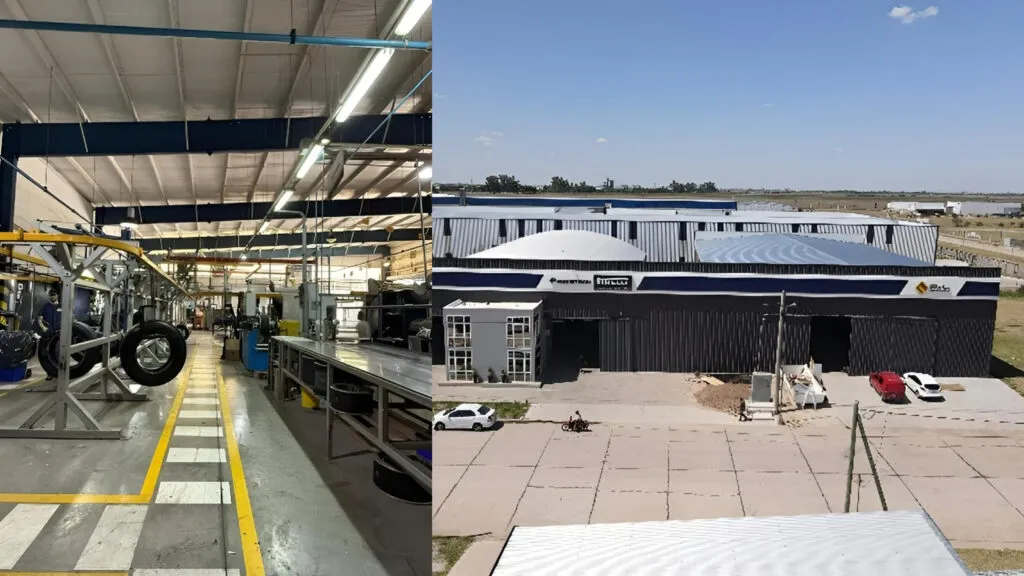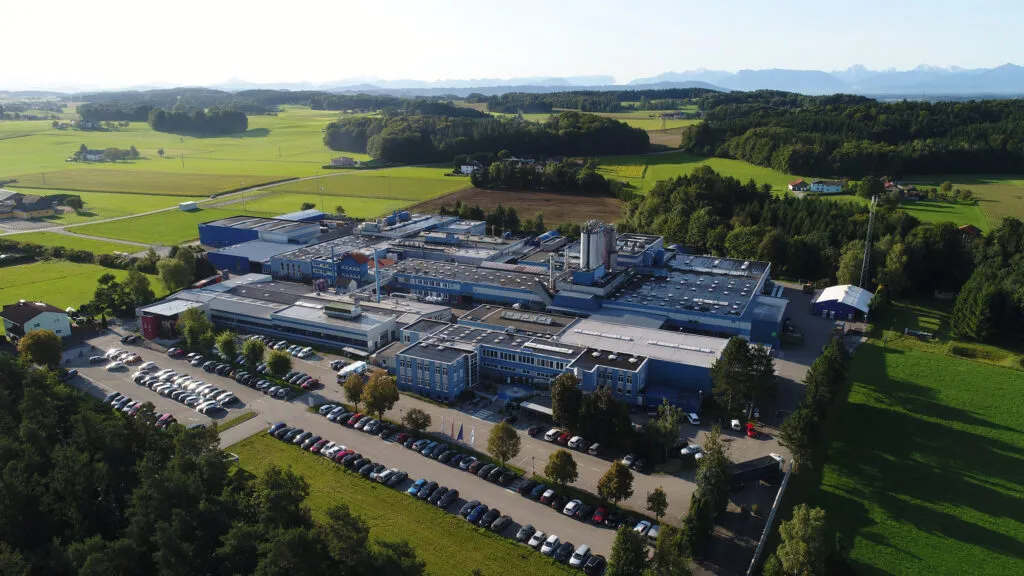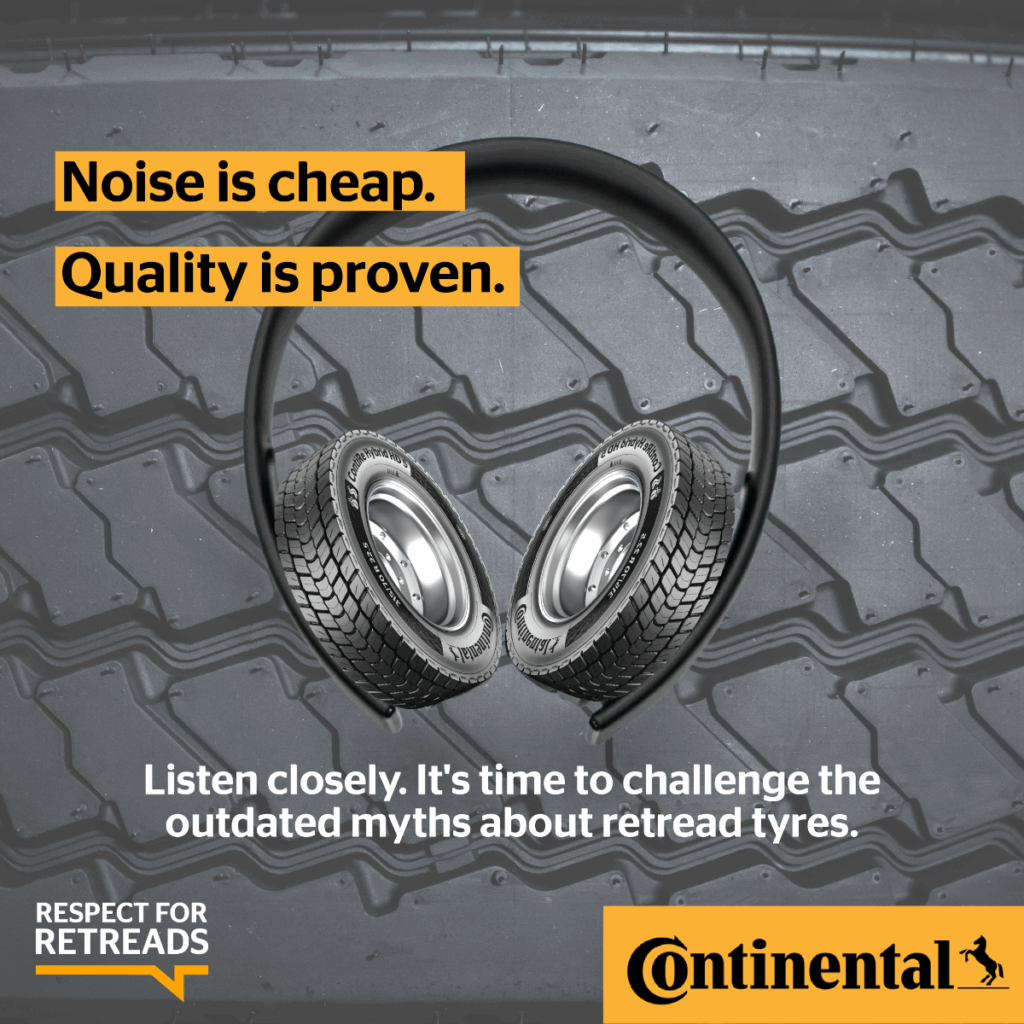The Spanish Association of Retreaded Tyres (AER) has appointed Salvador Pérez Lucena as president following an Extraordinary General Assembly held on 18 November, a meeting that combined a tribute to the outgoing leader, Salvador Pérez Vázquez, with a unanimous vote of confidence in his successor. In a valedictory address that reflected on recent challenges and achievements, Pérez Vázquez set the tone for a transition focused on continuity and renewal. Members then endorsed Pérez Lucena’s candidacy without dissent, a result that signals cohesion within the sector and strong support for the direction proposed for the years ahead.
Setting the Agenda
Pérez Lucena assumes the role with a stated intention to strengthen the place of renewed and recycled tyres within sustainable mobility and to consolidate AER’s position as the leading voice across the tyre value chain. He will combine the presidency with his responsibilities as Global Chief Sales Officer for the Industrial Division of Grupo Soledad, where his remit spans mobility, recycling, technical rubber, steel and services. His background centres on aligning industrial capabilities with market demand, coordinating international teams, building strategic alliances, and advancing projects in the circular economy, tyre recycling, rubber compound development, and high-performance solutions for infrastructure and transport.
Outlining his agenda to members, Pérez Lucena emphasised institutional advocacy, sector data and credibility with users. “As president of AER, my goal is to help ensure that renewed tyres are clearly recognised as a safe, efficient solution aligned with the ecological transition, while also opening the association to more actors from the value chain,” he said. He stressed the need for a broader membership that includes retreaders, recyclers, end-of-life tyre managers, manufacturers, distributors, fleets and technology providers, arguing that a more diverse base will give the association greater weight with public authorities and the market. Spain, he noted, already counts highly professionalised companies with advanced technology and long experience in tyre renewal and recycling, and the task now is to translate that reality into better regulation, stronger market information and greater public visibility. “The tyre renewal and recycling sector is a natural ally of circular economy policies and the decarbonisation goals of transport,” he added. “Our challenge is to turn that technical reality into a regulatory and commercial reality so that fleets, companies and public administrations adopt renewed tyres as a priority option, and more companies feel part of this shared project through AER.”
The General Assembly also served to present AER’s 2026 Action Plan, introduced by Secretary General Adrián Fernández. The plan prioritises member acquisition and retention and broadens the association’s scope to encompass the entire value chain, explicitly welcoming recyclers and recovery companies. On the institutional front, AER has established regular communication with key ministries and public bodies. It intends to launch joint working groups in 2026 to embed retreading more firmly within sustainability and circular economy policies. The association has increased its participation within CEOE and other national forums, a move designed to articulate sector needs more effectively and respond to regulatory proposals promptly. Progress was reported on collaboration agreements with peer organisations to undertake joint actions in dissemination, promotion and institutional positioning, to improve recognition of retreading’s strategic role in decarbonisation.
Translating these priorities into day-to-day work, AER under Pérez Lucena plans to focus on four areas. First, institutional and regulatory representation will be stepped up through structured dialogue with public administrations and national and European regulators. Second, the membership base will expand and diversify to include companies active in renewal, recycling, end-of-life tyre management, manufacturing, distribution, fleets, technology and services. Third, the association will place greater emphasis on sustainability, decarbonisation and data by evidencing the contribution of renewed and recycled tyres to CO₂ reduction, while advancing statistics, quality standards and best practice. Fourth, communication and positioning will be strengthened to improve perceptions of renewed tyres among fleets, distributors, prescribers and the public, and to raise the sector’s profile.
The programme reflects an ambition to convert technical progress into market adoption and policy support. It also acknowledges the need for consistent messaging on cost, safety, and environmental performance to underpin user confidence. For AER, the new presidency represents a phase of continuity and modernisation aimed at building a more open and representative association that delivers tangible value to member companies. With a unanimous mandate from the Assembly and a detailed action plan through 2026, Pérez Lucena and Fernández have set out a framework that aligns Spain’s established industrial capabilities in tyre renewal and recycling with the broader objectives of circularity and sustainable transport.

